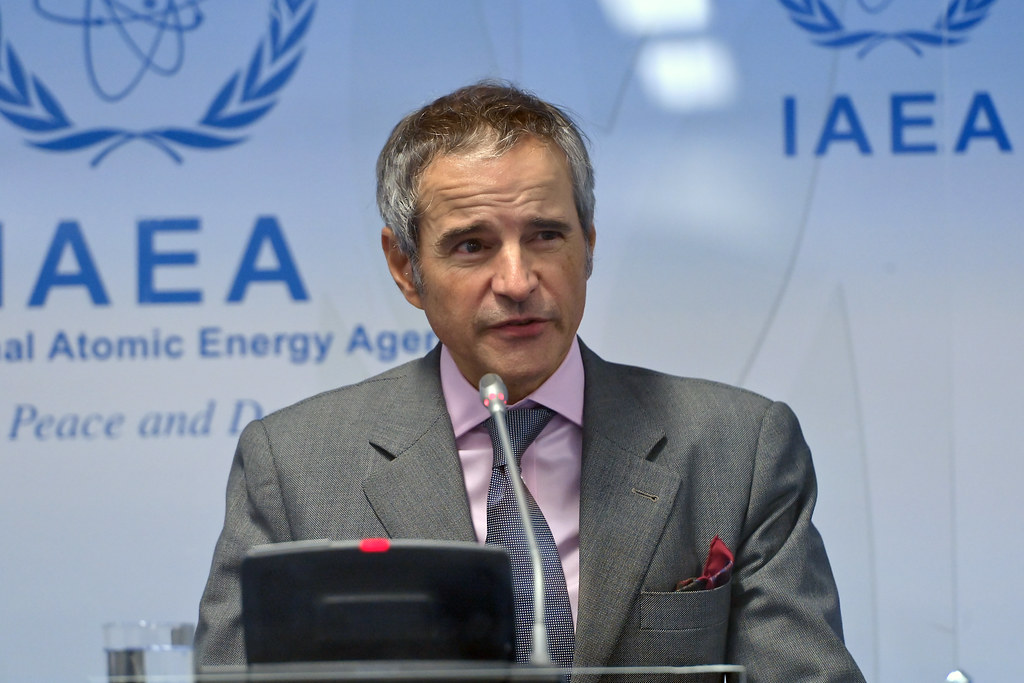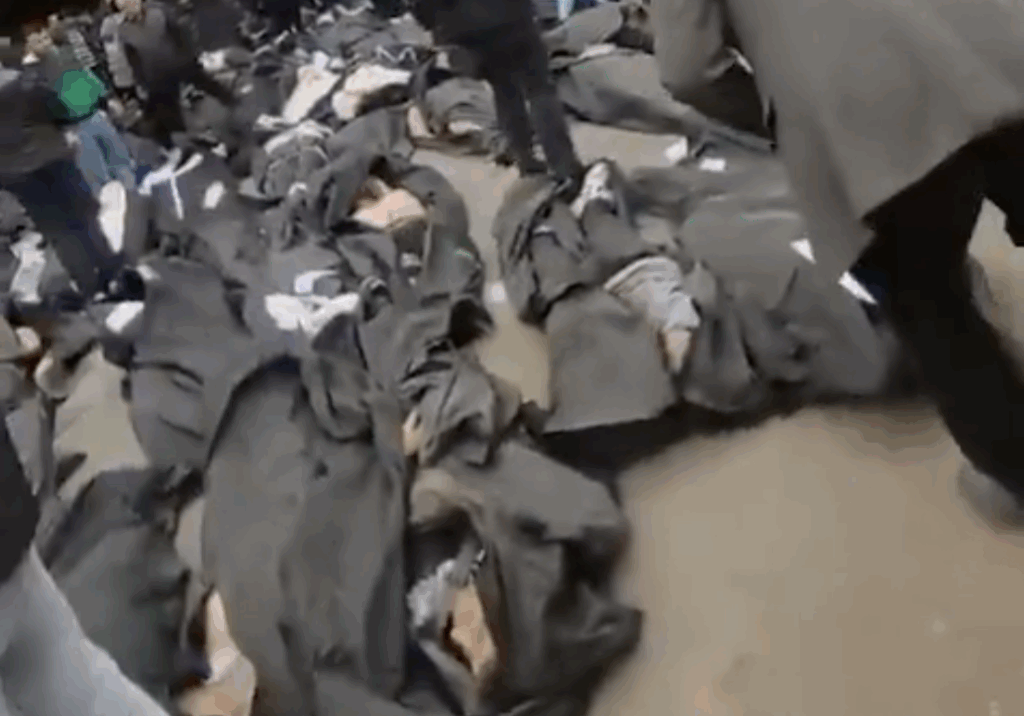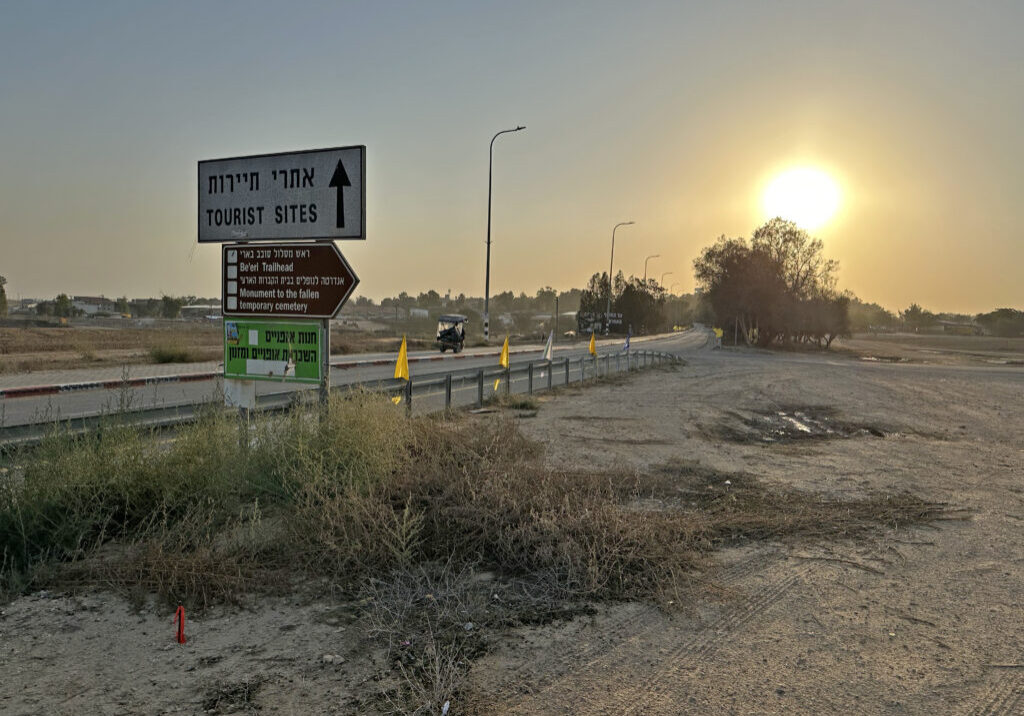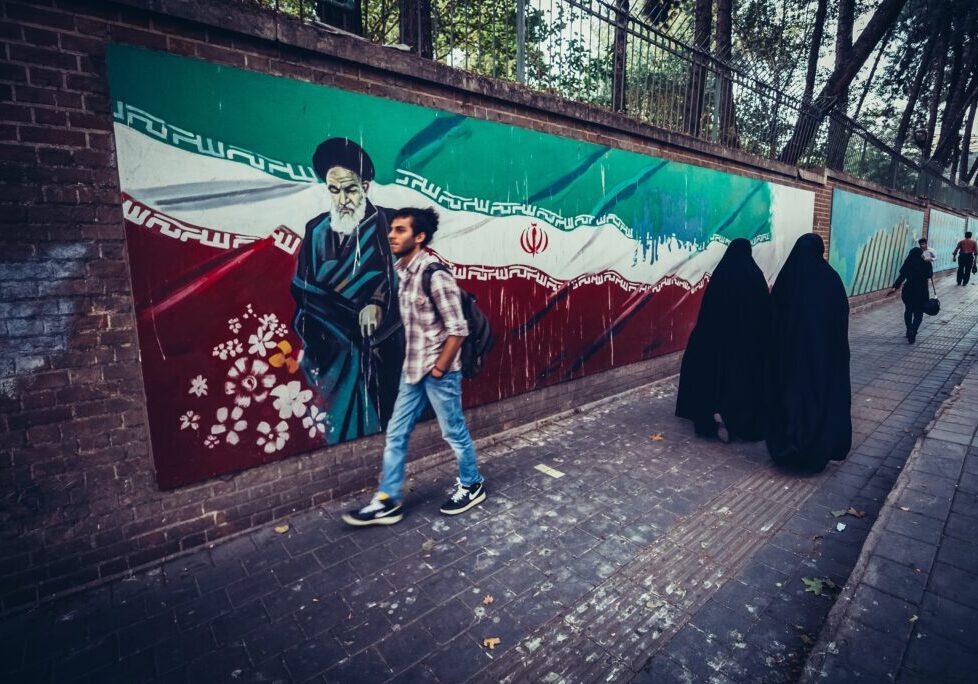Australia/Israel Review
Behind the News – July 2022
Jun 29, 2022 | AIJAC staff

ROCKET AND TERROR REPORT
A rocket was fired from Gaza towards Ashkelon on June 17, prompting IDF retaliatory strikes against Hamas.
On June 1, a Palestinian woman approached IDF soldiers near Hebron with a knife and was shot and killed, while a second alleged stabbing attempt was thwarted on June 2 in Jerusalem.
Israeli counterterrorism raids continued throughout the West Bank, particularly Jenin, rounding up dozens of suspects and illegal weapons. Several Palestinian assailants were killed in clashes.
Outside Israel, Iranian operatives have reportedly been attempting to attack Israelis across the world, particularly in Istanbul, where, in early June, agents were allegedly lying in wait at a hotel to kidnap or kill an Israeli couple who were instead whisked out of the country by Israeli security forces. Israel has warned all Israelis in Istanbul to leave. Similar warnings from Israel have reportedly prompted Thailand to go on high alert over the danger of Iranian agents.
WORLD VISION HEAD HALABI CONVICTED
On June 15, the Beersheva District Court convicted Mohammad el-Halabi, former head of Gazan operations for the international charity World Vision, on more than a dozen counts, including belonging to a terrorist group (Hamas) and transferring millions of dollars in humanitarian aid funding to that group (For more on the verdict, see article).
Halabi has already served six years in prison since his arrest in 2016 and will be sentenced in July. He has indicated he intends to appeal against his conviction.
MYSTERIOUS DEATHS IN IRAN SUGGEST ISRAELI POLICY CHANGE
The assassination of high-ranking Islamic Revolutionary Guard Corps officer Col. Hassan Khodaei outside his Teheran home on May 22 has been seen by some analysts as evidence of an escalation in Israel’s strategy toward Iran.
This was followed on May 31 by the death from alleged poisoning of Ayoob Entezari, an aerospace engineer reportedly involved in Iran’s missile and drone program.
According to Western intelligence sources, Khodaei was likely killed by Israeli agents even though he is not connected to the Iranian nuclear program, but rather engaged in planning terrorist attacks against Israelis and Jews around the world. Israel’s previous operations on Iranian soil had primarily targeted individuals involved in Teheran’s nuclear program.
Analysts believe the apparent new Israeli policy reflects an assessment in Jerusalem that the Iranian nuclear program can’t be isolated from Teheran’s broader strategy for regional domination – a view long championed by outgoing PM Naftali Bennett.
ALLEGED ISRAELI STRIKES SHUT DAMASCUS AIRPORT
On June 10, Israeli airstrikes against Damascus Airport are alleged to have damaged runways and shut down the airport for around 21 days, thus blocking Iranian weapon shipments that were occurring via commercial flights landing at the airport before being sent to the Lebanese terror group Hezbollah. Analysts suggest the likely Israeli intent was to signal to the Syrian regime that if it does not stop this smuggling then the airport would be shut down for longer.
Israel’s campaign against Iranian arms smuggling via Syria to Hezbollah has seen it launch hundreds of strikes in Syria over the past decade.
IAEA REBUKES IRAN
The International Atomic Energy Agency (IAEA) Board of Governors strongly criticised Iran in a June 8 resolution, initiated by the US and the Europeans, and supported by Australia, which demanded Teheran immediately “cooperate fully” with the IAEA’s investigation into its illicit nuclear activities. The resolution expressed “deep concern” over man-made uranium particles detected in three undeclared Iranian locations, and about the whereabouts of equipment and materials previously stored at these sites.
Teheran reacted to this rebuke by disconnecting 27 IAEA surveillance cameras installed in Iran’s nuclear-related facilities following the 2015 nuclear deal (JCPOA). IAEA head Rafael Grossi warned that Iran’s actions could be “a fatal blow” to efforts to revive the JCPOA, as the agency will soon no longer be able to fulfil its monitoring duties in Iran.
IRAN BREAKOUT TIME NEAR ZERO
The latest IAEA data indicate Iran’s nuclear “breakout time” is now nearly zero, according to a report by experts from the US-based Institute for Science and International Security. This means that Teheran is just a few weeks away from accumulating enough highly-enriched uranium for at least one nuclear warhead, and three months from enough fissile material for four such weapons, whenever the regime decides to take that step.
Also in June, evidence made public by Israel from Iran’s secret nuclear archive – taken from Teheran by Israeli agents in 2018 – indicated that Teheran stole or had access to secret internal IAEA documents, giving it inside information regarding the IAEA efforts to uncover and monitor Iran’s efforts to build nuclear weapons.
BIDEN MIDEAST VISIT EXPECTED TO IMPROVE ISRAEL-SAUDI TIES
US President Joe Biden has announced his first visit to the Middle East as president, set for July 13-16. The visit, which will begin in Israel, continue to the West Bank, and end in Saudi Arabia, aims largely at contending with the growing Iranian threat to the region. The President will meet with Israeli political and security leaders to discuss the country’s security and “its increasing integration into the greater region.” Israeli officials also believe that, during his visit, Biden will announce a regional security agreement that includes Israel and Saudi Arabia, as well as Egypt, Jordan and Abraham Accords signatories the UAE, Bahrain, Morocco and Sudan.
ISRAELI-LEBANESE CONTROVERSY OVER OFFSHORE GAS
On June 5, the British-Greek company Energean, which owns the rights to explore the Karish-Tanin gas fields off Israel’s northern Mediterranean coast, placed a floating gas extraction platform 75 km northwest of Haifa. In response, Lebanese officials claimed the rig violated “Lebanon’s maritime sovereignty and invaded its maritime resources,” while Hassan Nasrallah, head of the Iranian-backed Lebanese terror group Hezbollah, threatened to attack the rig if any drilling takes place.
However, Israeli officials insist the rig is not in an area considered controversial – something confirmed by satellite photos. Lebanon and Israel have been negotiating a maritime border dispute with US mediation since 2011, but Lebanon recently extended its earlier claim to 860 sq. km of seabed that had previously been acknowledged as on the Israeli side of the boundary to an even larger area of around 1,400 sq. km.
Amos Hochstein, the Biden Administration’s liaison to Israel and Lebanon during these negotiations, said he remains committed to negotiating an agreement on the boundary. Lebanese negotiators reportedly told Hochstein on June 14 that they were prepared to relinquish claims to the Karish-Tanin field in return for full control over another disputed field.
ISRAEL, EGYPT AND EU SIGN LANDMARK GAS DEAL
On June 15, Israel signed a historic gas deal with Egypt and the European Union that will help the EU bloc reduce its dependence on Russian energy. The deal will see Israel ship its offshore natural gas to the EU for the first time, via Egypt, where it will be liquified and then exported. In 2021, the EU imported about 40% of its gas from Russia but has faced challenges with supply since it imposed sweeping sanctions against Moscow.
Israeli Energy Minister Karine Elharrar said of the deal: “This is a tremendous moment in which little Israel becomes a significant player in the global energy market.”
Stranger than Fiction
Gaslighting
Whenever Israel (or some other country) manages to assassinate an Iranian regime operative, usually a key figure in Teheran’s nuclear program or ongoing terror proxy campaign against Israel, it is a matter of acute embarrassment to the regime. Compounding the discomfiture has been Iran’s failure to successfully strike back against Israelis. The Iranians have been reduced to inventing triumphs, often falsely claiming to have arrested or killed Mossad spies, claims eagerly repeated by Iran’s compliant media.
So it was that on June 9, an unexplained drone attack in Erbil, northern Iraq, was reported by various Iranian media outlets to have killed a senior Mossad agent by the name of Asa Flots.
It was immediately obvious to Hebrew-speakers that the outlets were the victims of a prank – Asa Flots is a Hebrew joke name meaning “made a fart”.
Israeli social media users had a field day. Asa Flots was memorialised as having been “silent but deadly” and with the phrase, “Like a waft in the wind, you were gone too soon.”
It appears that a joke tweet pretending to reveal the “real name” of the Mossad agent supposedly killed as Asa Flots was picked up by the IntelSky Twitter account, and then spread through various Iranian media outlets.
Meanwhile, Iran’s spy agencies have also exhibited additional difficulties differentiating between fact and fiction. Moshe Zonder, creator of the hit Israeli TV spy drama “Tehran”, revealed on Israeli radio in late May that it had been discovered that a recently exposed Iranian spy, who had recruited four Jewish women of Iranian descent, sent one of them to audition for a role on the show. Zonder said she didn’t pass the audition.
Maybe the Iranians were seeking ideas to help make their fictitious victories over the Mossad more convincing?
Tags: IAEA, Iran, Israel, Lebanon, Palestinians






